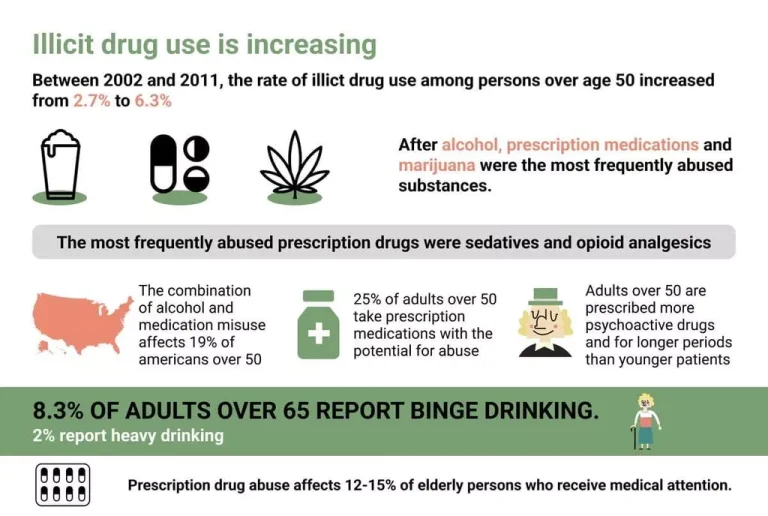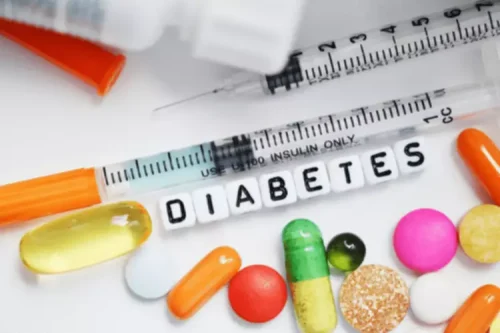
Ongoing treatment and support are vital for addressing the lingering effects of alcohol use disorder (AUD). Alcohol, despite its social acceptance, is one of the most physiologically addictive substances. Long-term alcohol use can lead to severe withdrawal symptoms, including potentially life-threatening delirium tremens.
Reward Pathway of Addiction: The Brain’s Role in Substance Abuse

For example, alcohol withdrawal decreases the reward value of ICSS because the threshold of electrical stimulation required to maintain responding is increased (Schulteis et al. 1995). Cognitive effects of alcohol use may include memory loss, problems with learning, dementia, and severely hindered mental functioning in most severe cases.10 Seeking alcohol addiction treatment is the first step in preventing or reducing the negative effects of alcohol on the brain. If you feel that you sometimes drink too much alcohol, or your drinking is causing problems, or if your family is concerned about your drinking, talk with your health care provider. Other ways to get help include talking with a mental health professional or seeking help from a support group such as Alcoholics Anonymous or a similar type of self-help group.
Understanding Physical Symptoms in Post-Acute Withdrawal Syndrome

For example, rats will respond for alcohol infusions directly into the stomach (Fidler et al. 2006), blood stream (Grupp 1981), or brain (Gatto et al. 1994). Enhanced voluntary alcohol drinking in dependent mice produced brain alcohol concentrations similar to those achieved during the https://ecosoberhouse.com/ chronic alcohol exposure that initially rendered the animals dependent. Samples were collected from the nucleus accumbens of alcohol-dependent mice that had undergone three cycles of chronic intermittent alcohol vapor exposure (red symbols) and nondependent controls (black symbols).
National Institute on Alcohol Abuse and Alcoholism (NIAAA)

Relapse represents a major challenge to treatment efforts for people suffering from alcohol dependence. To date, no therapeutic interventions can fully prevent relapse, sustain abstinence, or temper the amount of drinking when a “slip” occurs. For some people, loss of control over alcohol consumption can lead to alcohol dependence, rendering them more susceptible to relapse as well as more vulnerable to engaging in drinking behavior that often spirals out of control. Many of these people make numerous attempts to curtail their alcohol use, only to find themselves reverting to patterns of excessive consumption. In addition to physical signs of withdrawal, a constellation of symptoms contributing to a state of distress and psychological discomfort constitute a significant component of the withdrawal syndrome (Anton and Becker 1995; Roelofs 1985; Schuckit et al. 1998).
If the responding is extinguished in these animals (i.e., they cease to respond because they receive neither the alcohol-related cues nor alcohol), presentation of a discriminative cue that previously signaled alcohol availability will reinstate alcohol-seeking behavior. Long-term recovery from alcohol addiction heralds a transformative period where the body begins to repair the damage caused by chronic alcohol use. The extent of physical recovery can vary greatly among individuals physiological dependence on alcohol and is influenced by factors such as the duration and severity of alcohol use, overall health, and adherence to a recovery plan. This process may involve the administration of FDA-approved nonaddictive sedative medications like benzodiazepines to mitigate withdrawal symptoms and prevent complications. It’s crucial that individuals undergoing detox receive medical supervision, as the risk of severe symptoms necessitates professional intervention to ensure safety.

Apart from the systemic manifestations which do affect a particular system of the body, there are various disorders in which alcohol indirectly provides its crucial contribution. It is a common finding that one could perceive that alcohol is most of the time in the list of risk factors for various diseases. Alcohol has been found to adversely affect our immune system and the matter of concern as far as this issue is concerned is that immune responses are influenced by even moderate amounts of alcohol intake [26]. Alcohol affects innate immunity and also interferes with almost all the various aspects of the adaptive immune response.
- Addiction physicians and therapists in solo or group practices can also provide flexible outpatient care.
- Even after knowing that this dangerous addiction paves the way to one’s own grave, there isn’t much difference in the way the community sees this deadly habit.
- Many of these people make numerous attempts to curtail their alcohol use, only to find themselves reverting to patterns of excessive consumption.
- The function of GABAA receptors also is regulated by molecules known as neuroactive steroids (Lambert et al. 2001) that are produced both in the brain and in other organs (i.e., in the periphery).
- Active participation in a mutual support group can benefit many people as well.28 Groups vary widely in beliefs and demographics, so advise patients who are interested in joining a group to try different options to find a good fit.
- In animal experiments, this process is reflected by the fact that the animal will work harder to obtain alcohol on a progressive-ratio schedule.
The social impact of alcohol

This article introduces a number of AUD topics that link to other Core articles for more detail. 5The median raphe nucleus is an area in the brain stem that contains a large proportion of the brain’s serotonin neurons and therefore significantly supplies the brain with this important neurotransmitter. When you call our team, you will speak to a Recovery Advocate who will answer any questions and perform a pre-assessment to determine your eligibility for treatment. If The Recovery Village is not the right fit for you or your loved one, we will help refer you to a facility that is.
- If you drink regularly, alcohol changes the way your liver works, your brain function and creates dependence – meaning you need to drink more to have the same effect.
- This can lead to traumatic family surveillance and even separation, not surprisingly disproportionately impacting Black, Latinx, and Native American families because of racist implementation in these reporting practices.
Medications like methadone or buprenorphine for opioid addiction, or naltrexone for alcohol dependence, can help stabilize brain chemistry and reduce cravings. For a formal diagnosis, clinicians refer to the Diagnostic and Statistical Manual of Mental Disorders (DSM-5). This manual outlines specific criteria for substance use disorders, including physiological symptoms like tolerance and withdrawal.
- The result is that clinicians who see evidence of tolerance and withdrawal symptoms assume that this means addiction, and patients requiring additional pain medication are made to suffer.
- It is crucial that we understand the complex mechanism of action of alcohol to find better therapeutic alternatives.
- Thus, the proper question is not ‘whether a person is dependent on alcohol’, but ‘how far along the path of dependence has a person progressed’.
- Unhealthy alcohol use includes any alcohol use that puts your health or safety at risk or causes other alcohol-related problems.
- This, in turn, can lead to enhanced vulnerability to relapse as well as favor perpetuation of excessive drinking.

Scrivi un commento